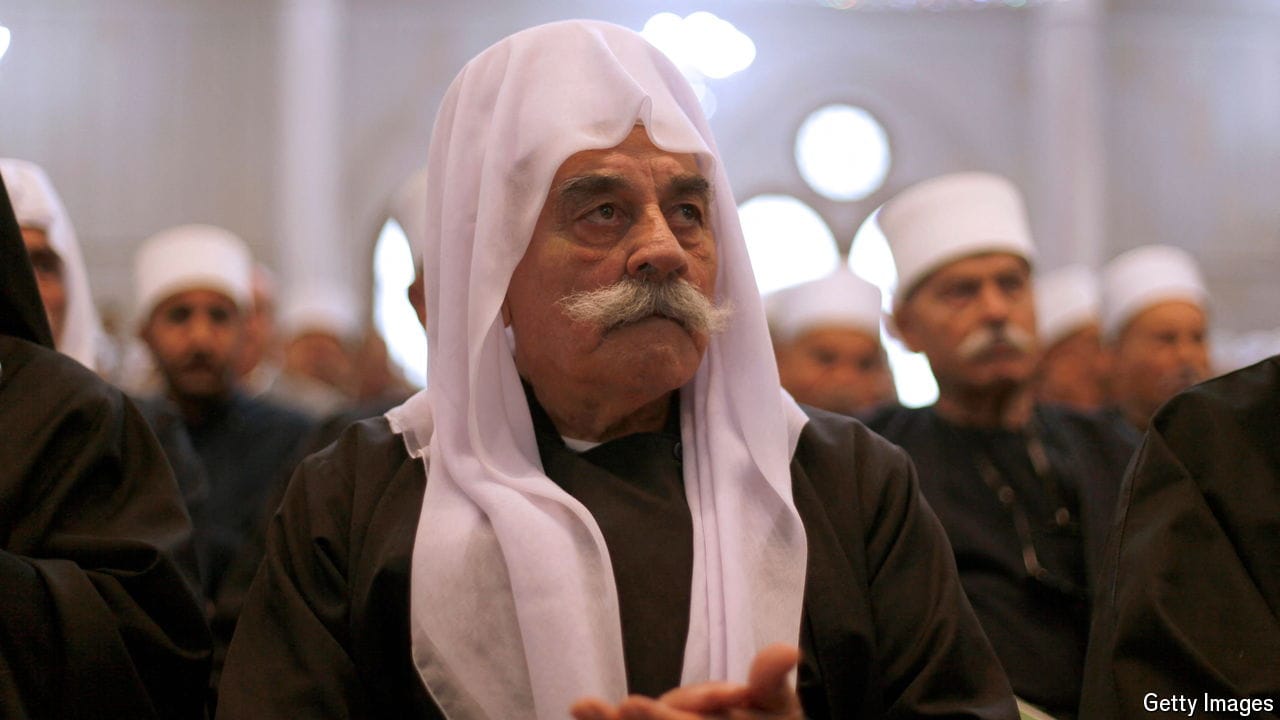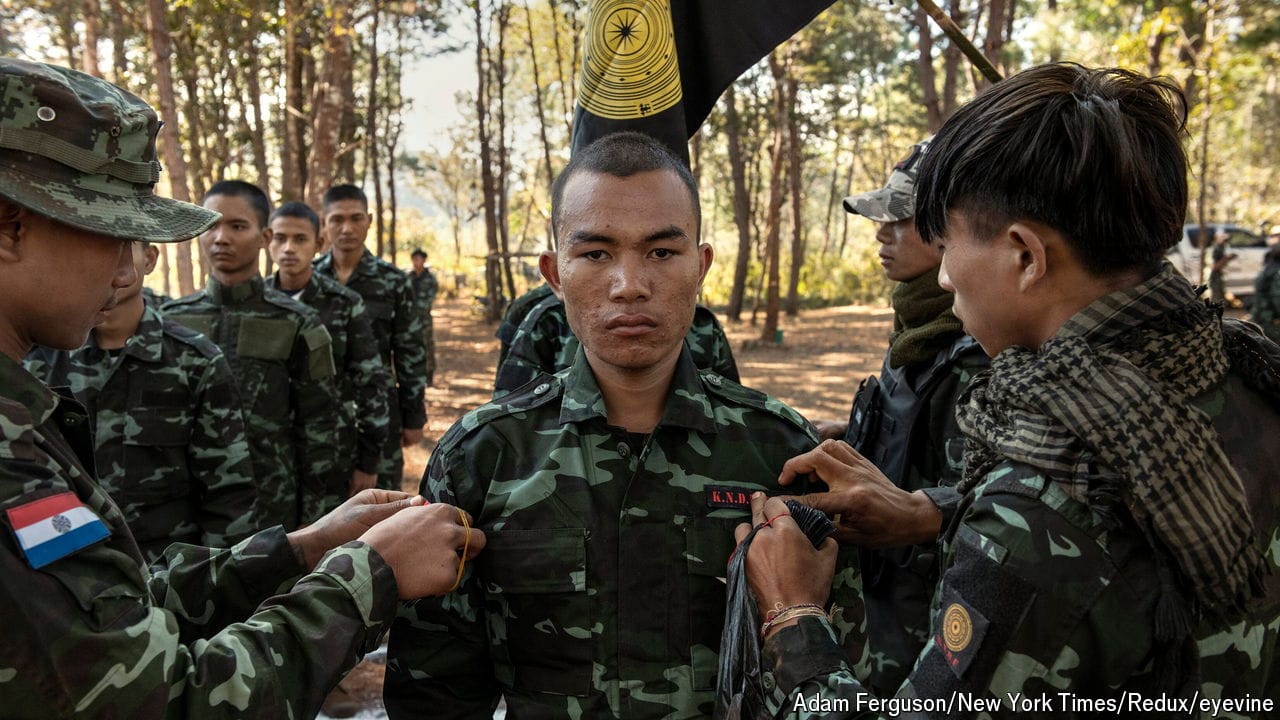What are MANPADS, the portable missiles bringing down Russian aircraft?
Britain is supplying Ukraine with its latest generation of STARStreak missiles

MAN-PORTABLE AIR DEFENCE SYSTEMS (MANPADS) are playing an unexpectedly important role in the war in Ukraine. These shoulder-fired missiles, typified by the American Stinger, are only effective against low-flying aircraft and at a range of a few kilometres. But they have scored a number of kills and are severely impeding Russian air operations. Now Ukrainian forces are getting an upgrade, in the form of the latest STARStreak missiles supplied by Britain. Why are MANPADS crucial to Ukraine’s defence, and what difference might the new missiles make?
Military analysts were puzzled when Russia failed to knock out the Ukrainian network of long-range, radar-guided S-300 surface-to-air missiles at the outset of the war. Though some have been destroyed, other S-300s continue to operate, forcing Russian aircraft to fly at low altitudes to avoid radar detection. And whereas NATO helicopters have mast-mounted sights that allow them to fire guided missiles from long range, Russian attack helicopters tend to carry pods of unguided rockets, behaving like slower ground-attack aircraft that must fly forward while attacking. Both of these factors put Russian aircraft in the sights of MANPADS.
More from The Economist explains

Who are the Druze, the victims of a deadly strike on Israel?
The religious minority has often been caught up in regional crossfire in the Middle East

Myanmar’s rapidly changing civil war, in maps and charts
Ethnic militias and pro-democracy groups are scoring victories against the governing junta

Who will be Kamala Harris’s running-mate?
She is reportedly vetting a dozen options. These are the top three
Why have so few American presidents been from the West?
Kamala Harris’s nomination would be a milestone for the region
Why the Olympics still has a doping problem
Cheating with drugs has again become an organised affair
Why some Russian athletes will be eligible to compete at the Paris Olympics
Despite antipathy between the Russian government and the International Olympic Committee a handful will compete